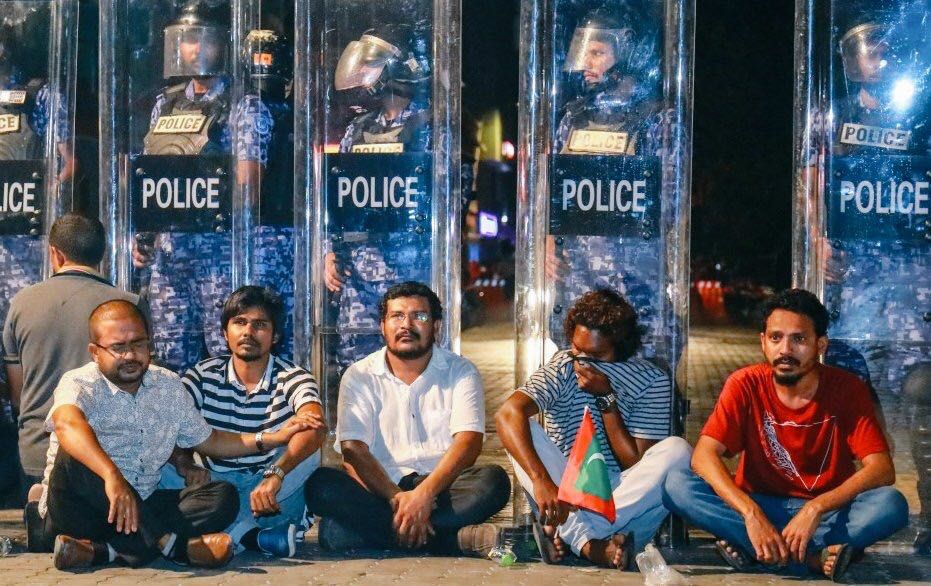‘A beautiful landscape with inhumane people’ – How the Maldives crisis is affecting tourism
China, which has the single biggest market share of tourists to the Maldives by nationality, says its citizens should take care.

05 Feb 2018, 09:00
The Maldives political crisis is affecting the country’s vital tourism industry, with businesses complaining about the lack of government support and reassuring anxious holidaymakers about their safety.
The country was rocked last Thursday by a late-night ruling from the Supreme Court ordering the release of high profile prisoners including former president Mohamed Nasheed.
Since then there have been clashes in the capital, the opening of parliament has been cancelled for security reasons and the US and UK have told their citizens to exercise caution when in Male. Last month Germany updated its Maldives travel advice after resort raids.
China, which has the single biggest market share of tourists to the Maldives by nationality, has also said its citizens should take care.
Become a member
Get full access to our archive and personalise your experience.
Already a member?
Discussion
No comments yet. Be the first to share your thoughts!
No comments yet. Be the first to join the conversation!
Join the Conversation
Sign in to share your thoughts under an alias and take part in the discussion. Independent journalism thrives on open, respectful debate — your voice matters.




